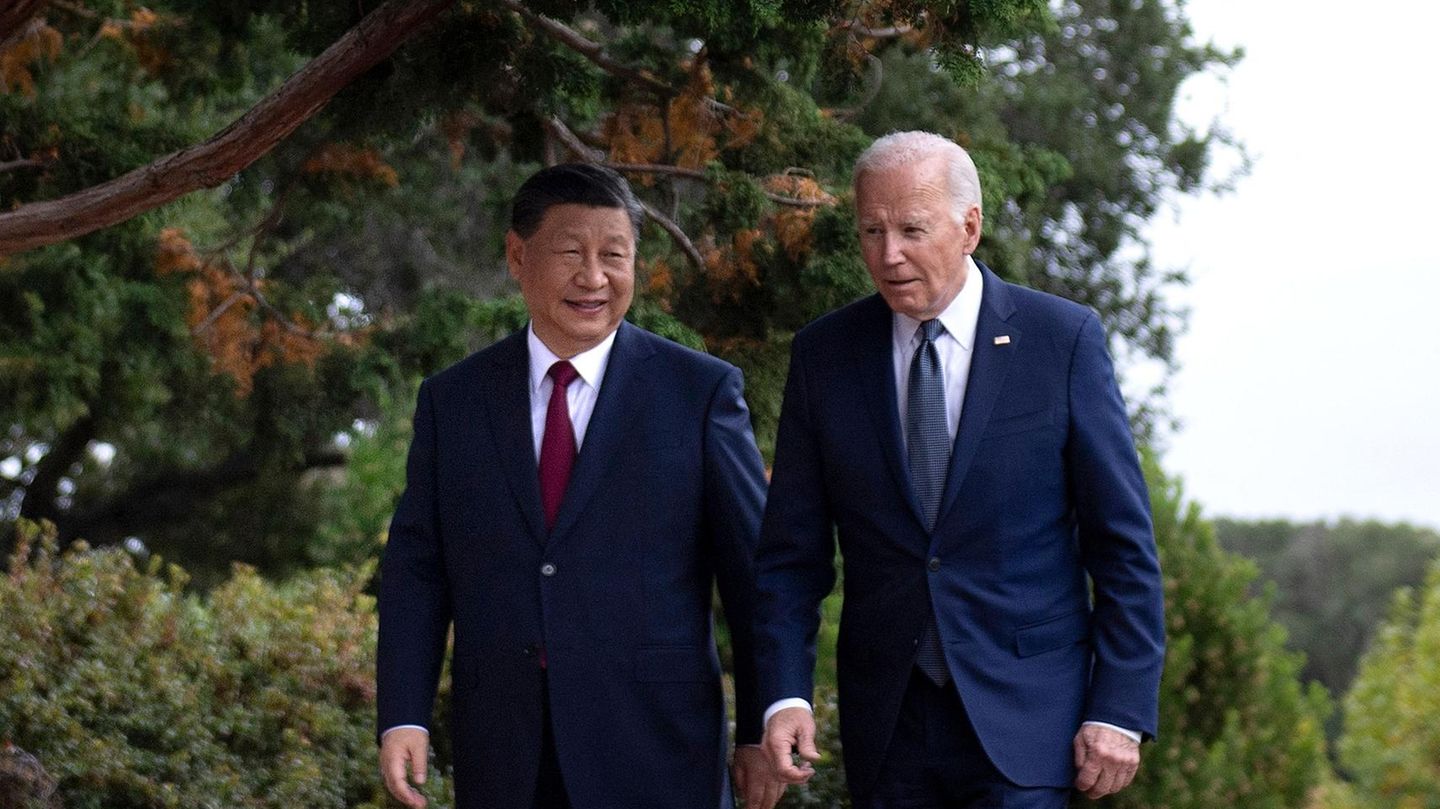I have been working in the news industry for over 6 years, first as a reporter and now as an editor. I have covered politics extensively, and my work has appeared in major newspapers and online news outlets around the world. In addition to my writing, I also contribute regularly to 24 Hours World.
Menu
USA and China: What remains of the meeting between Biden and Xi
Categories
Most Read
Situation at a glance: Hamas hands over more hostage bodies – Israel is putting pressure on them
October 15, 2025
No Comments
Hamas Brutality: How Israeli Hostages Were Tortured
October 15, 2025
No Comments
Health: Last minute operation for stable contributions
October 15, 2025
No Comments
Cabinet: Black and Red want to decide on active pensions
October 15, 2025
No Comments
Security and defense: NATO discusses better deterrence after airspace violation
October 15, 2025
No Comments
Latest Posts

Sports leggings with cell phone pocket: 5 practical fitness pants
October 15, 2025
No Comments
PierceI am Pierce Boyd, a driven and ambitious professional working in the news industry. I have been writing for 24 Hours Worlds for over five

Collien Monica Fernandes: She is taking some time off after “minor surgery”.
October 15, 2025
No Comments
Lisa HarrisI am an author and journalist who has worked in the entertainment industry for over a decade. I currently work as a news editor

Football World Cup: Trump threatens cities to postpone games
October 15, 2025
No Comments
Power struggle Trump threatens democratic cities with withdrawal of World Cup games The conflict between democratically governed US cities and Donald Trump is entering the
24 Hours Worlds is a comprehensive source of instant world current affairs, offering up-to-the-minute coverage of breaking news and events from around the globe. With a team of experienced journalists and experts on hand 24/7.

